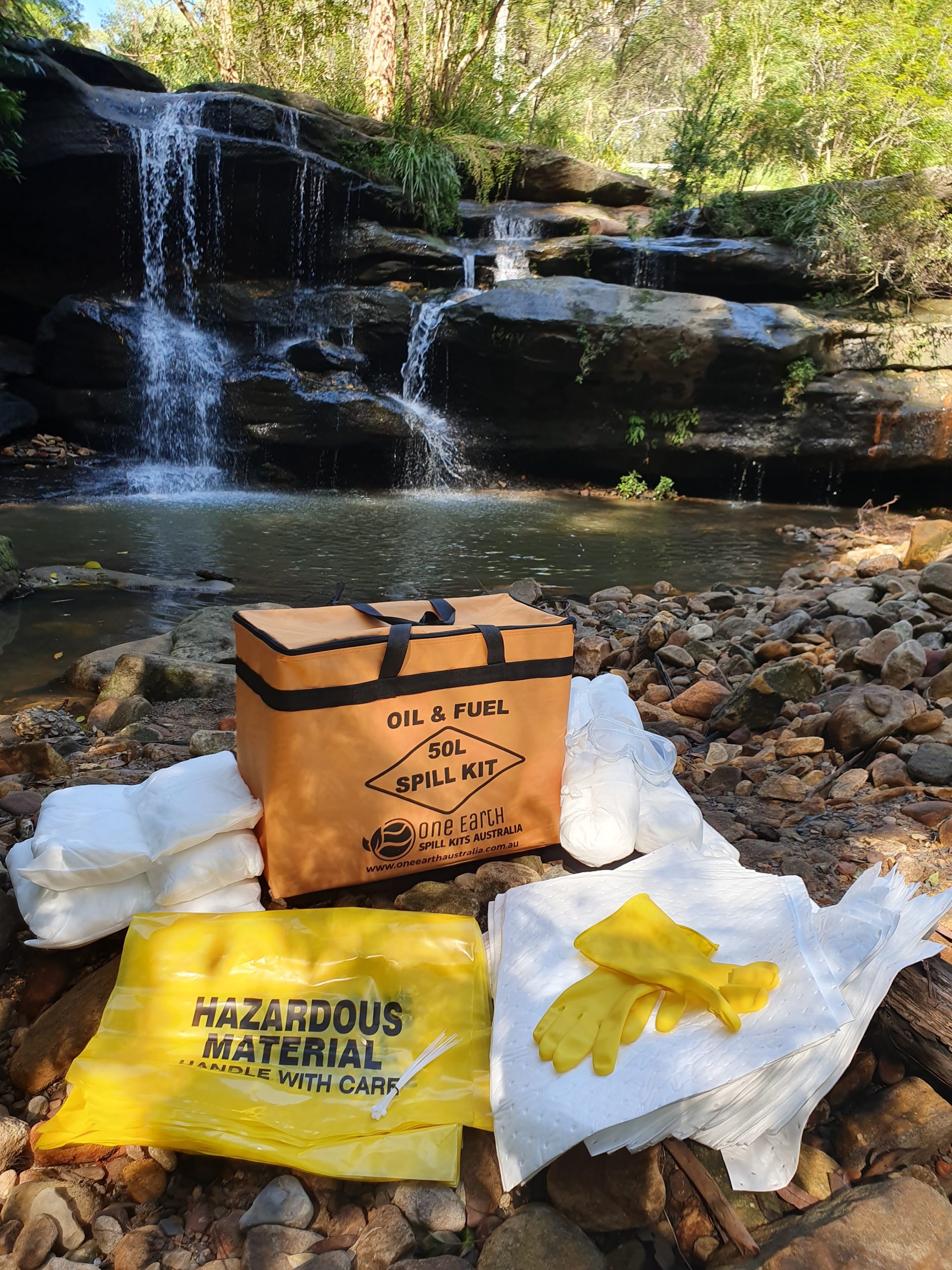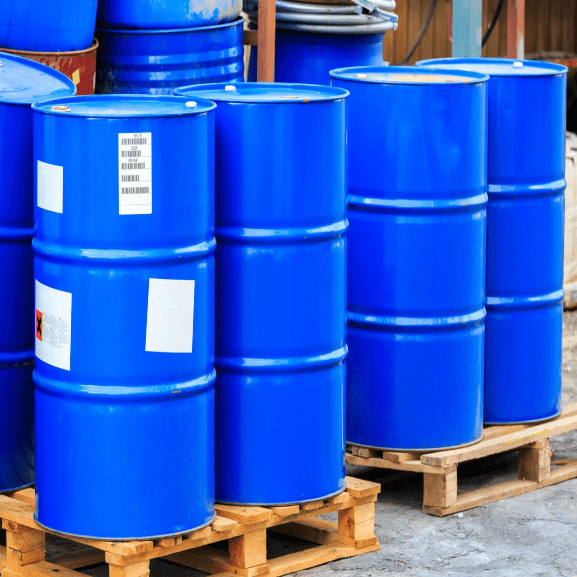Oil spills, whether they occur on land or in water, have devastating consequences for ecosystems, wildlife, and human health. From vehicle fuel leaks to large-scale industrial accidents, oil spills pose significant environmental risks that can persist for years. However, tools like fuel spill kits, vehicle spill kits, and diesel spill kits play a crucial role in mitigating these impacts by enabling swift and effective cleanup.
In this article, we’ll explore the environmental impact of oil spills and how spill kits help address these challenges, promoting sustainability and reducing harm.
1. The Environmental Impact of Oil Spills
- Contamination of Water Systems:
Oil spills often reach rivers, lakes, and oceans, forming a layer on the surface that blocks sunlight and oxygen exchange. This disrupts aquatic ecosystems, suffocates marine life, and contaminates drinking water sources. - Soil Degradation:
When oil spills occur on land, they seep into the soil, degrading its quality and making it infertile. Contaminated soil can also release pollutants into groundwater, further spreading the damage. - Harm to Wildlife:
Animals exposed to oil spills suffer from poisoning, habitat destruction, and reproductive issues. Birds lose their ability to fly due to oil-coated feathers, while fish and other aquatic organisms suffocate in polluted water. - Air Pollution:
Volatile organic compounds (VOCs) released during oil spills contribute to air pollution, posing respiratory risks to humans and animals. - Long-Term Effects:
Oil spills can persist in the environment for decades, accumulating in soil and water systems. Their long-lasting impact makes remediation efforts costly and challenging.
2. The Role of Fuel Spill Kits in Mitigating Environmental Damage
- Immediate Containment:
Fuel spill kits are designed to contain spills at the source, preventing them from spreading into drains, waterways, or sensitive areas. Absorbent socks and booms create barriers that stop spills from reaching these entry points. - Versatility for Vehicle and Diesel Spills:
- Vehicle Spill Kits: Compact and portable, these kits are ideal for managing small fuel spills from vehicles, such as cars, trucks, or boats.
- Diesel Spill Kits: Specifically tailored for diesel spills, these kits include absorbents that repel water, ensuring they only soak up hydrocarbons like diesel and oil.
- Preventing Escalation:
By acting quickly with a spill kit, businesses and individuals can prevent small spills from escalating into larger environmental or safety hazards.
3. How Spill Kits Address Oil Spills Effectively
- Absorbent Materials:
Spill kits contain pads, socks, and granular absorbents that soak up oil and fuel efficiently, restoring safe conditions. - Protective Gear:
Gloves, goggles, and masks included in spill kits protect users from exposure to hazardous substances during cleanup. - Disposal Solutions:
Disposal bags ensure that contaminated materials are collected safely and disposed of according to regulations, preventing further environmental harm. - Specialised Absorbents:
For diesel spills, absorbents in diesel spill kits are specifically designed to handle hydrocarbons, making cleanup more efficient and effective.
4. Benefits of Using Spill Kits for Oil Spills
- Cost-Effective Cleanup:
Affordable options like fuel spill kits provide essential tools for managing minor spills without exceeding budgets. - Portability and Accessibility:
Compact and lightweight, spill kits can be stored in vehicles, workshops, or near machinery, ensuring quick access during emergencies. - Compliance with Regulations:
Many industries are required by law to have spill management plans and equipment in place. Using spill kits ensures compliance with safety and environmental regulations. - Reduced Downtime:
Swift cleanup minimises disruptions to operations, keeping projects on track and customers satisfied. - Promoting Sustainability:
Eco-friendly absorbents and biodegradable materials in spill kits align with global sustainability goals, reducing the environmental footprint of spill management.
5. Applications of Different Types of Spill Kits
- Fuel Spill Kits:
Ideal for gas stations, automotive repair shops, and transportation companies, these kits are designed to handle gasoline, diesel, and other fuel-based spills. - Vehicle Spill Kits:
Perfect for fleets, garages, and roadside assistance teams, vehicle spill kits are compact and easy to transport, making them suitable for mobile operations. - Diesel Spill Kits:
Tailored for industries that use diesel, such as logistics, shipping, and construction, these kits focus on absorbing hydrocarbons while repelling water.
6. Preventing Future Oil Spills Through Proactive Measures
- Regular Maintenance:
Conduct routine checks on vehicles, machinery, and storage tanks to identify and fix potential leaks before they escalate. - Employee Training:
Train employees on how to use spill kits properly and follow safety protocols during spill incidents. - Spill Prevention Plans:
Develop comprehensive spill prevention plans that include risk assessments, emergency response strategies, and regular drills. - Investing in Quality Equipment:
High-quality spill kits, such as fuel spill kits and diesel spill kits, ensure durability and readiness for any spill-related challenge.
7. The Broader Importance of Spill Kits in Environmental Protection
- Minimising Ecological Damage:
By containing spills quickly, spill kits reduce the spread of pollutants, protecting ecosystems and biodiversity. - Supporting Corporate Responsibility:
Businesses that invest in general spill kits demonstrate a dedication to environmental stewardship, enhancing their reputation and building trust with stakeholders. - Encouraging Sustainable Practices:
Using eco-friendly absorbents and biodegradable disposal materials in spill kits aligns with global sustainability goals, promoting responsible spill management.
8. Real-Life Examples of Spill Kit Effectiveness
- Gas Station Accidents:
A small fuel spill at a gas station was contained using a fuel spill kit, preventing contamination of nearby storm drains and waterways. - Vehicle Maintenance Shops:
Mechanics use a vehicle spill kit to clean up a diesel leak from a truck, avoiding costly fines and environmental damage. - Industrial Facilities:
A manufacturing plant relied on a diesel spill kit to manage a spill from a generator, ensuring compliance with safety regulations and minimising operational disruptions.
Conclusion
Oil spills, regardless of their scale, have far-reaching environmental impacts that can harm ecosystems, wildlife, and human health. However, tools like fuel spill kits, vehicle spill kits, and diesel spill kits play a vital role in mitigating these effects by enabling swift and effective cleanup. These kits not only prevent spills from escalating into larger hazards but also promote sustainability and compliance with environmental regulations. By investing in spill kits and adopting proactive spill management practices, businesses and individuals in Perth and Melbourne can protect the environment, safeguard their operations, and demonstrate a commitment to responsible practices.





